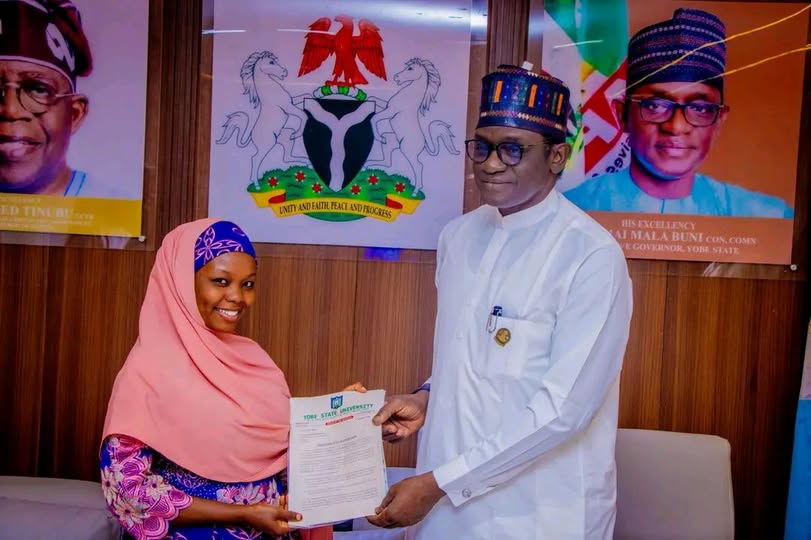As economic hardship and transportation barriers continue to challenge the well-being of residents of Lagos State, a new study has shown that the residents demonstrate notable personal health strengths, including good hearing, strong personal care, and no substance use.
This is part of a groundbreaking study on whole-person health led by a nursing and health technology researcher at the University of Minnesota, Omobolanle Agboola, who is the first in Nigeria to explore population health through a whole-person lens.
Using the MyStrengths+MyHealth (MSMH) assessment application, the study assessed residents’ strengths, challenges, and needs across biological, behavioural, social, and environmental health domains.
Agboola noted that while many Lagosians exhibit healthy behaviours and resilience, the study also highlights areas where supportive policies could have a transformative impact.
“The findings show the remarkable adaptability of Lagos residents,” she said. “At the same time, they remind us that economic insecurity and mobility challenges can undermine long-term health.”
Although respondents reported strengths in areas such as hearing, personal care, and no substance use, the study showed that they also identified pressing needs related to income security, physical activity, and social connection. “Transportation limitations and environmental factors such as heavy traffic and air pollution were also noted as barriers to health and safety.
“Whole-person health looks beyond illness to understand how people’s strengths, social connections, and environments interact.
“By recognising where people are already thriving, policymakers can design interventions that build on these strengths while addressing barriers,” Agboola explained.
The study calls for coordinated action from government, philanthropists, and non-governmental organisations to expand social protection programmes, improve access to reliable transportation, and create community-based initiatives that foster social engagement and economic opportunity.
Agboola emphasised that these measures would not only improve individual health but also strengthen community resilience.
“Lagosians have shown extraordinary strength in the face of adversity,” she said. “If we align policy with people’s lived realities, we can make sustainable progress toward health equity.”
An Associate Professor at the University of Minnesota, School of Nursing and co-author of the study, Dr. Robin Austin, noted that the findings demonstrate the promise of leveraging existing community strengths to design effective interventions.
“Lagos residents have shown tremendous capacity for resilience, personal care, and social adaptability,” she said. “These are valuable public-health assets that can guide the development of context-specific, community-driven strategies.”
Austin emphasised that strengthening digital health capacity, supporting local data collection, and encouraging multi sector partnerships would help transform these insights into sustainable outcomes.
“By investing in people’s strengths rather than focusing solely on deficits, agencies can position themselves as a leader in equitable, person-centred health innovation” she added.






